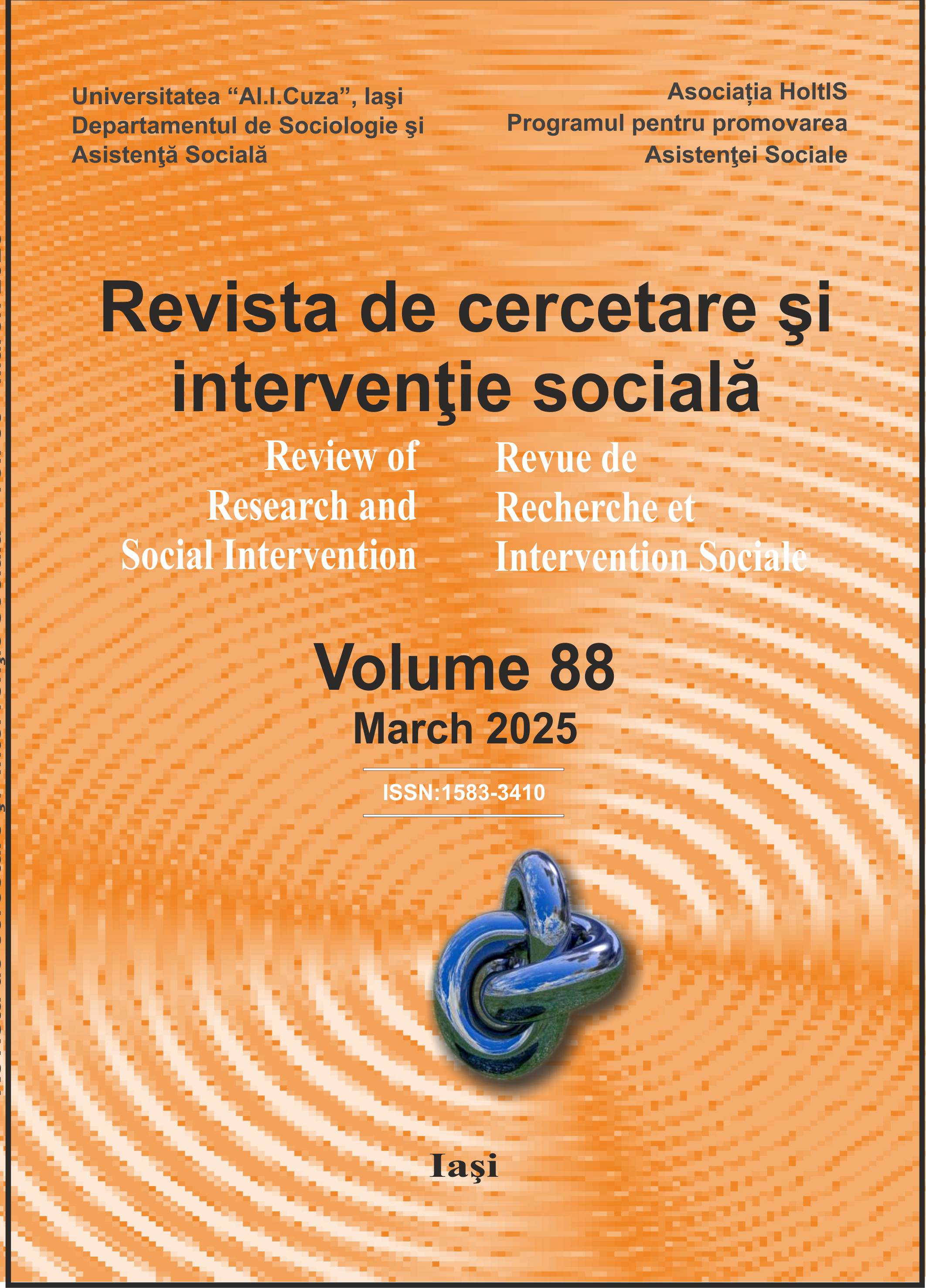Author(s): Mihaela Tomiță,Diana Biriș,Claudia Feher / Language(s): English
Issue: 1/2024
Technology integration in social work practice has become increasingly prevalent, offering new avenues to enhance resilience and promote transformative action. However, careful consideration of ethical implications is crucial to ensure that the benefits of technology are maximized while minimizing potential risks and inequities. Social workers must actively engage in developing ethical frameworks and guidelines that balance the transformative potential of technology with the protection of individual rights, privacy, and social justice. Our paper provides an overview of ethical implications associated with using technology in social work practice. Drawing upon a systematic review of relevant literature published between 2019 and 2023, our study highlights key ethical considerations, identifying potential challenges. Three major ethical themes arose: client privacy and confidentiality, professional boundaries, and equitable access to technology. Regarding client privacy and confidentiality, safeguarding sensitive client information and ensuring secure data transmission are crucial concerns. Ethical guidelines and standards should be updated and social workers should possess the necessary knowledge and skills to implement appropriate privacy and security measures. Professional boundaries are another critical ethical consideration when incorporating technology in social work. Online platforms, social media, and virtual communities blur the boundaries between personal and professional lives, demanding heightened vigilance to maintain objectivity, professionalism, and appropriate relationships with clients. Clear ethical guidance should be provided on the use of social media, online self-disclosure, and dual relationships to prevent potential harm to clients and protect professional integrity. Equitable access to technology is an ethical issue of social justice. Disparities in access to technology must be considered by social workers, requiring proactive efforts in order to bridge the digital divide and prevent further marginalization. To address these challenges, continuous professional development and ethical supervision should equip social workers with the knowledge and skills necessary to navigate the complexities of technology integration while upholding ethical standards.
More...











